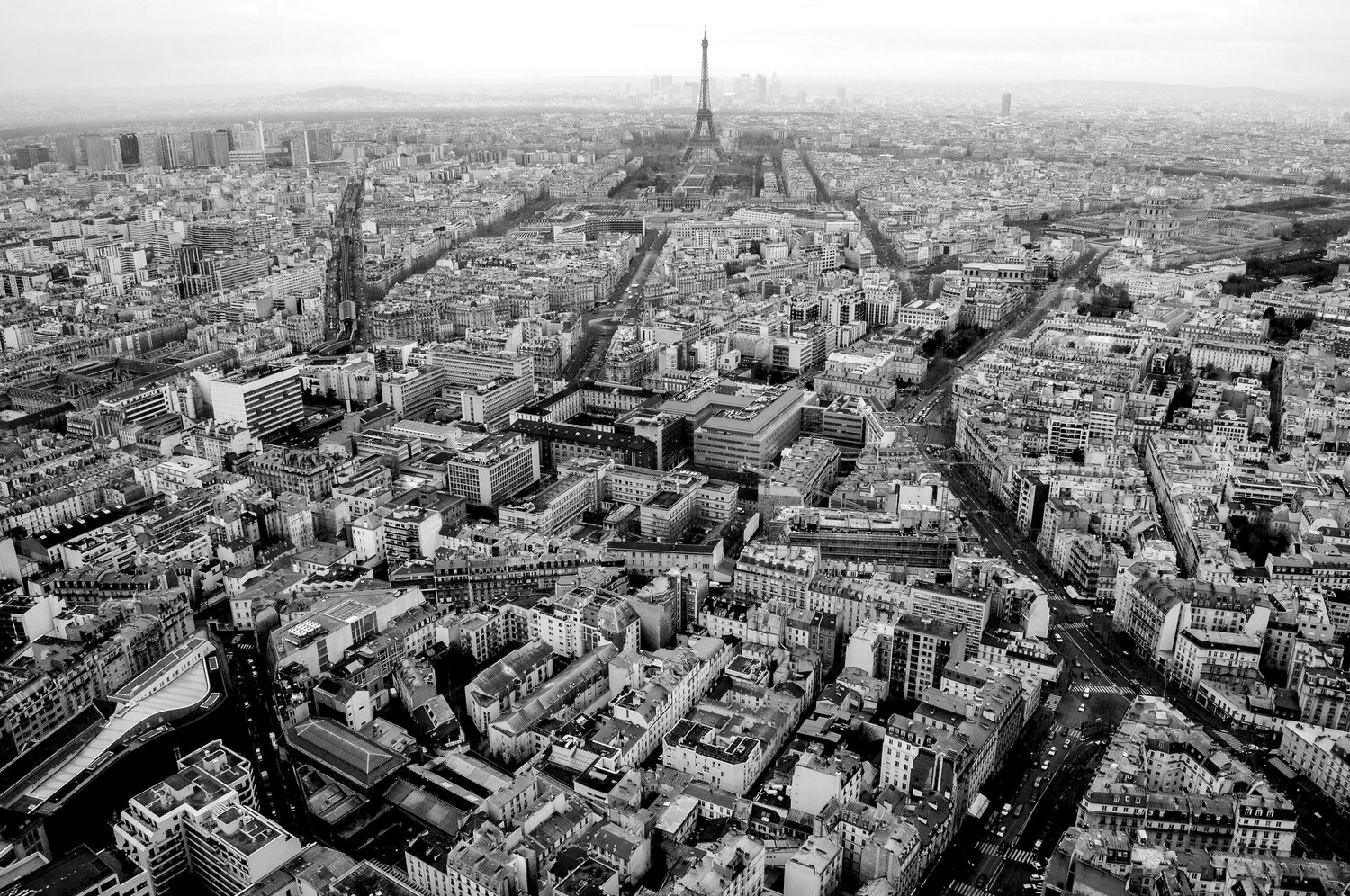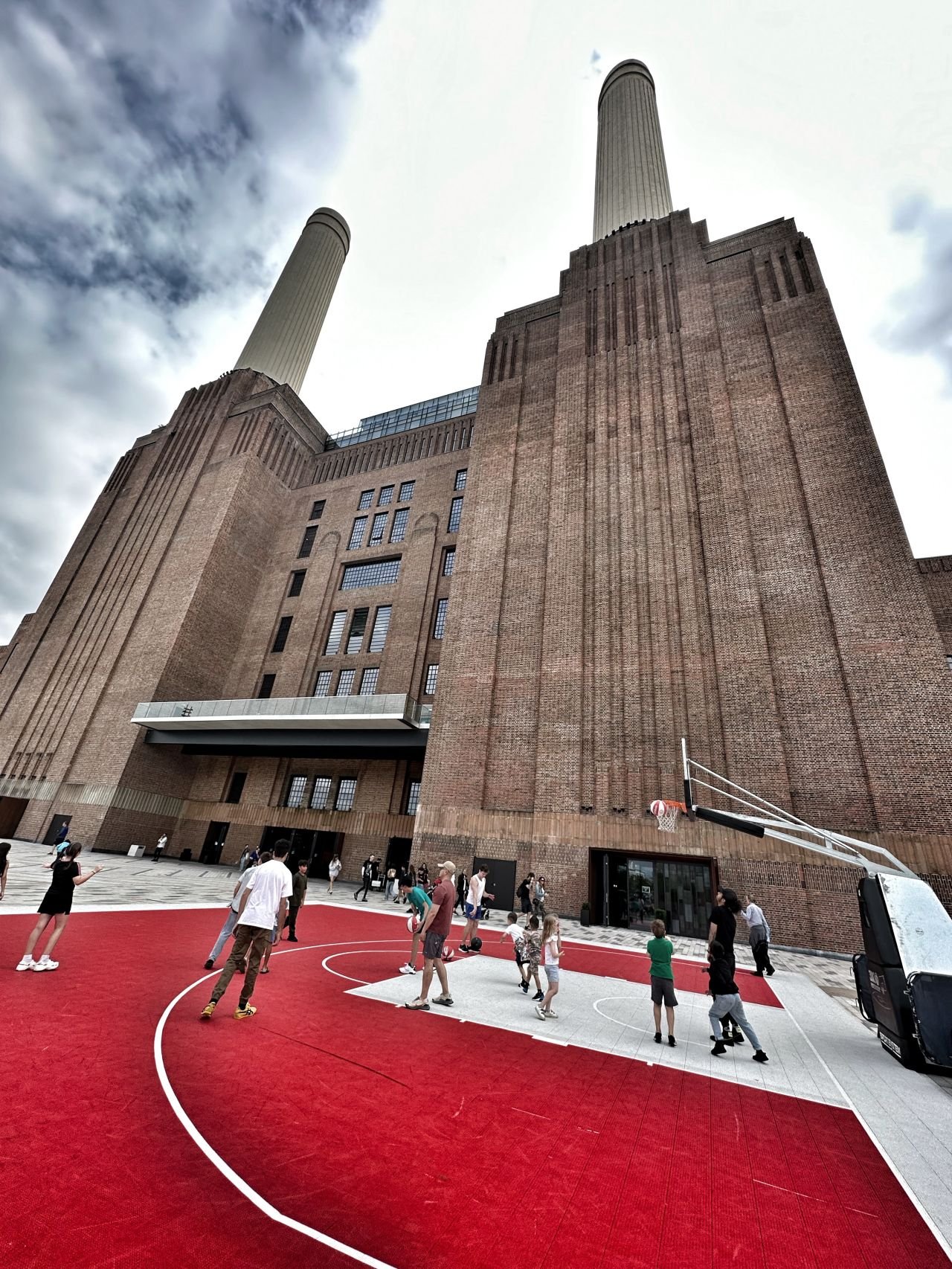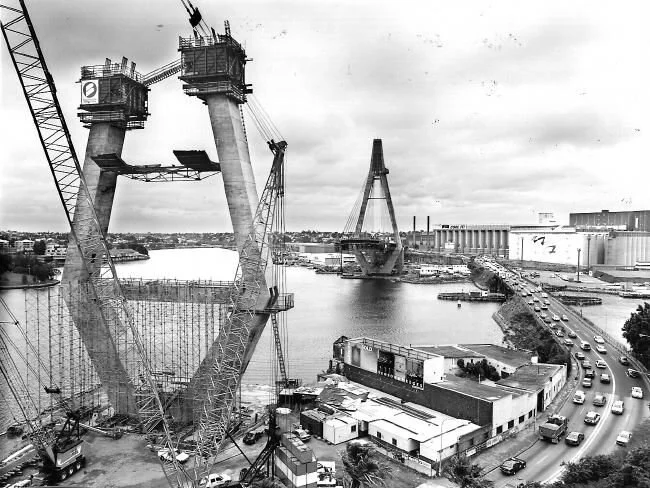A couple of weeks ago, a bunch of my friends and I decided we would explore Malaga in Spain. Not only is there is some cool stuff within and around the city that is great to ride on bikes, but the city is now home to one of the world's greatest skateparks designed by the legendary Rueben Alcantara.
Back in the 90s and 2000s, Ruebenwas one of the world's most well-known bmx riders - known for his unique style and ability to create interesting new tricks. Although he exploded in popularity in the United States, his home was always Malaga. Today Rueben has moved back to this city and although he still shows up most professional bmx riders today, he isn't quite the bmx-celebrity he once was.
Upon his return however, the city of Malaga has benefited from investing in Rueben's talent, knowledge and global popularity.
In the 18th century, Malaga was the second most important industrial centre in Spain. Today, converted into a world capital of tourism, thanks to the development of the Costa del Sol and its privileged climate and strategic location, Málaga continues to grow. However, with the recent recession having taken its toll on tourism, the city is also redefining itself in knowledge-based sectors and the arts.
Initially just allowing Rueben to design the bowl, the local authority/investor allowed Rueben to slowly take much of the control of the creation and management of the entire park.
Today, it is a fully flung skate and bmx centre named quite appropriately Malaga Skatepark Rueben Alcantara and it now attracts some of the most well-respected bmx riders and skateboarders from around the world... Just on our trip we met bus loads of riders from across Europe, the States and Australia.
Who knows what energy this will spark in the local neighbourhood? Who knows what attention in will bring from across the global community? How many more Rueben's will this park help to create?
Creative ideas, people and trends can completely transform local economies and even improve social cohesion within a community. Helping the arts and new ideas to prosper can - arguably, of course - have an even greater impact on government policies and other top-down community-building programmes.
Local governments often seek out consultants to guide them on what's best for local economies or place making. Here's another idea: see what already exists and help it to thrive.Perhaps the best way for local governments to stimulate neighbourhoods is by seeking out local talent and helping it to grow - much the same as a good business does with its employees.
Each neighbourhood comprises a unique history and has a diverse range of local residents. These people have talents, skills, ideas and perspectives. By allowing them to thrive in their community, the community will also thrive as a result.
I'm strong believer in individual creativity and ambition. When this is met with support and funding with the institutions and organisation who have it, great things can happen. Sometimes it just takes a little bit of risk-taking.












